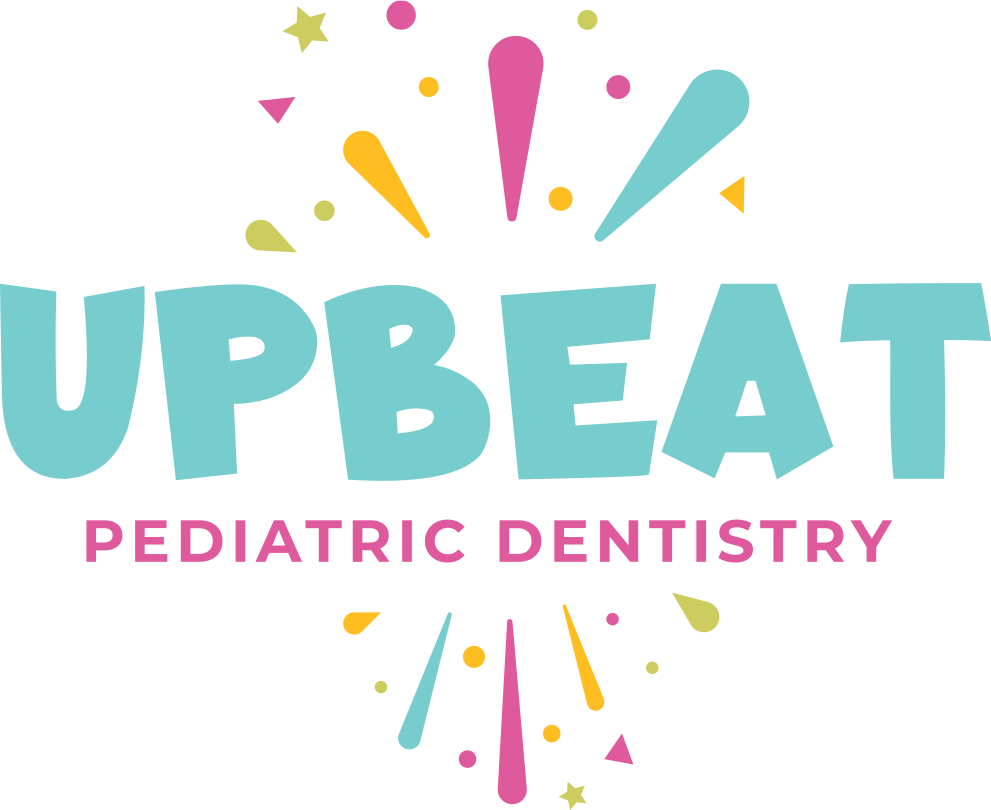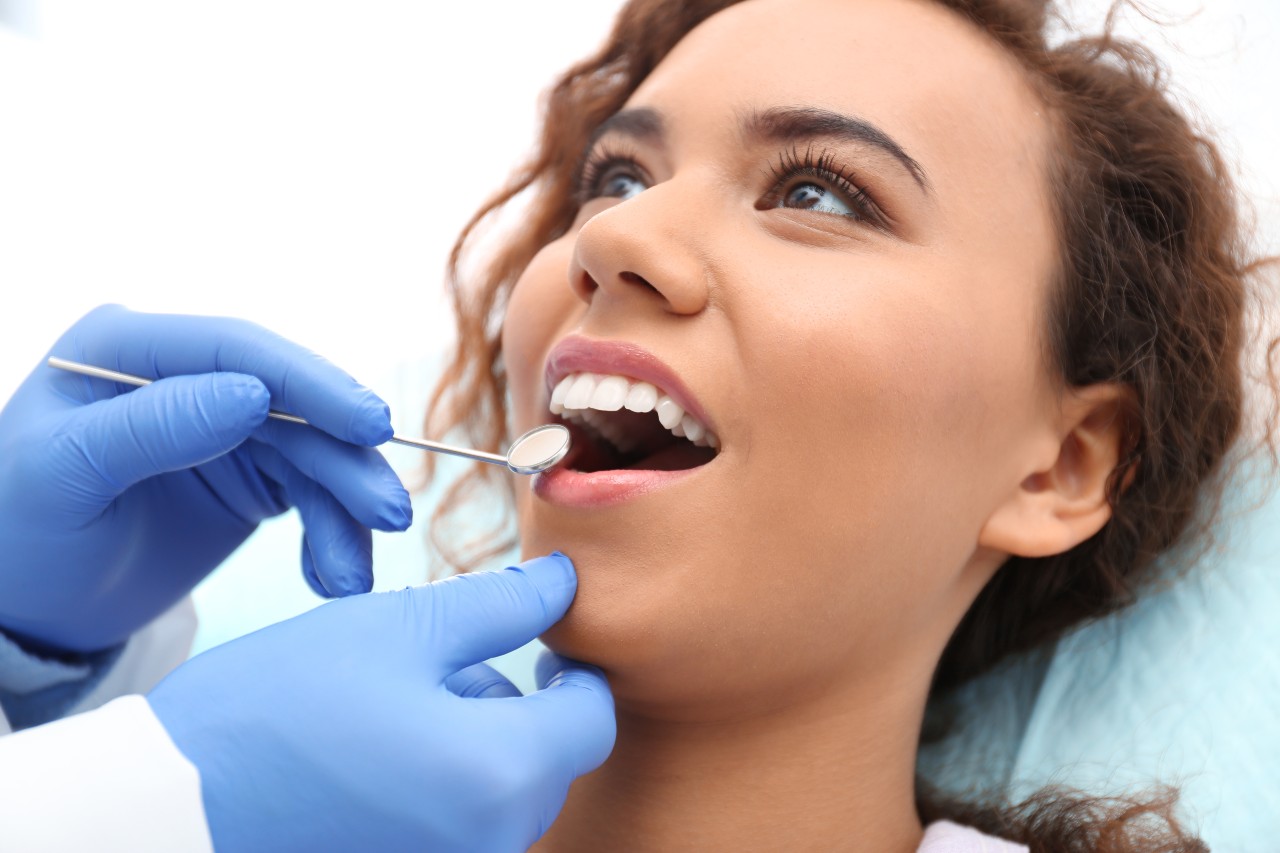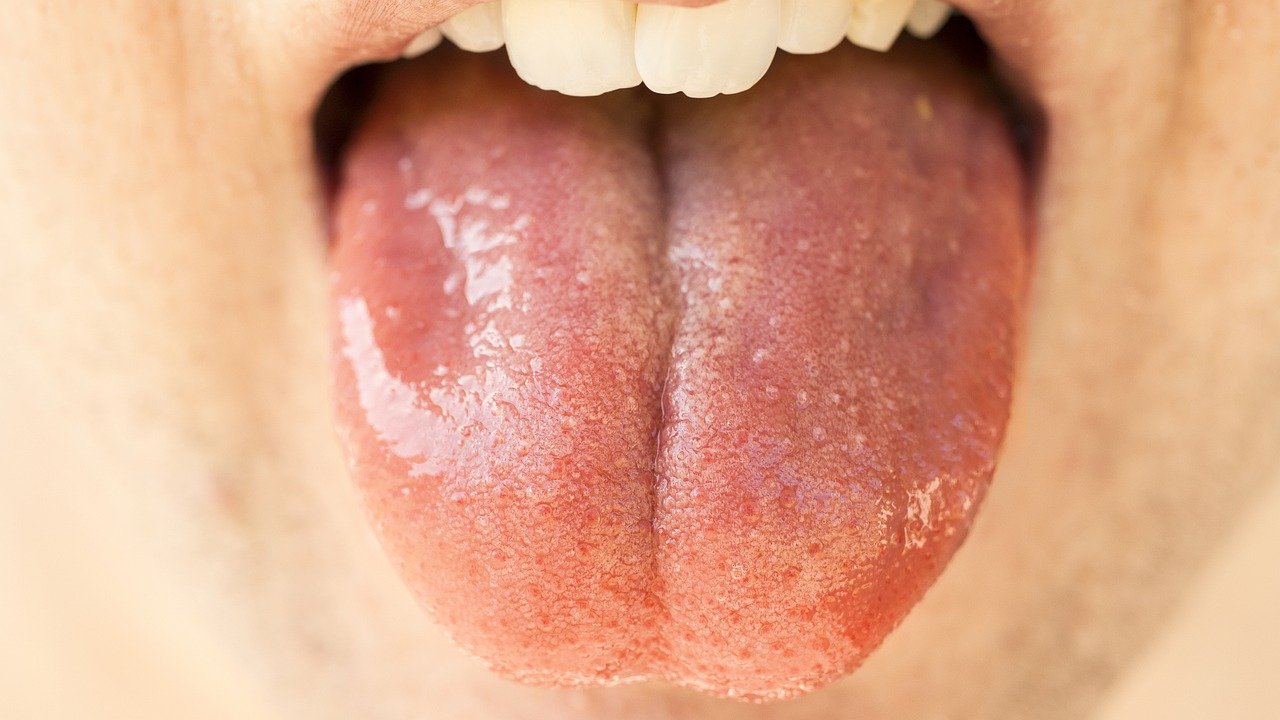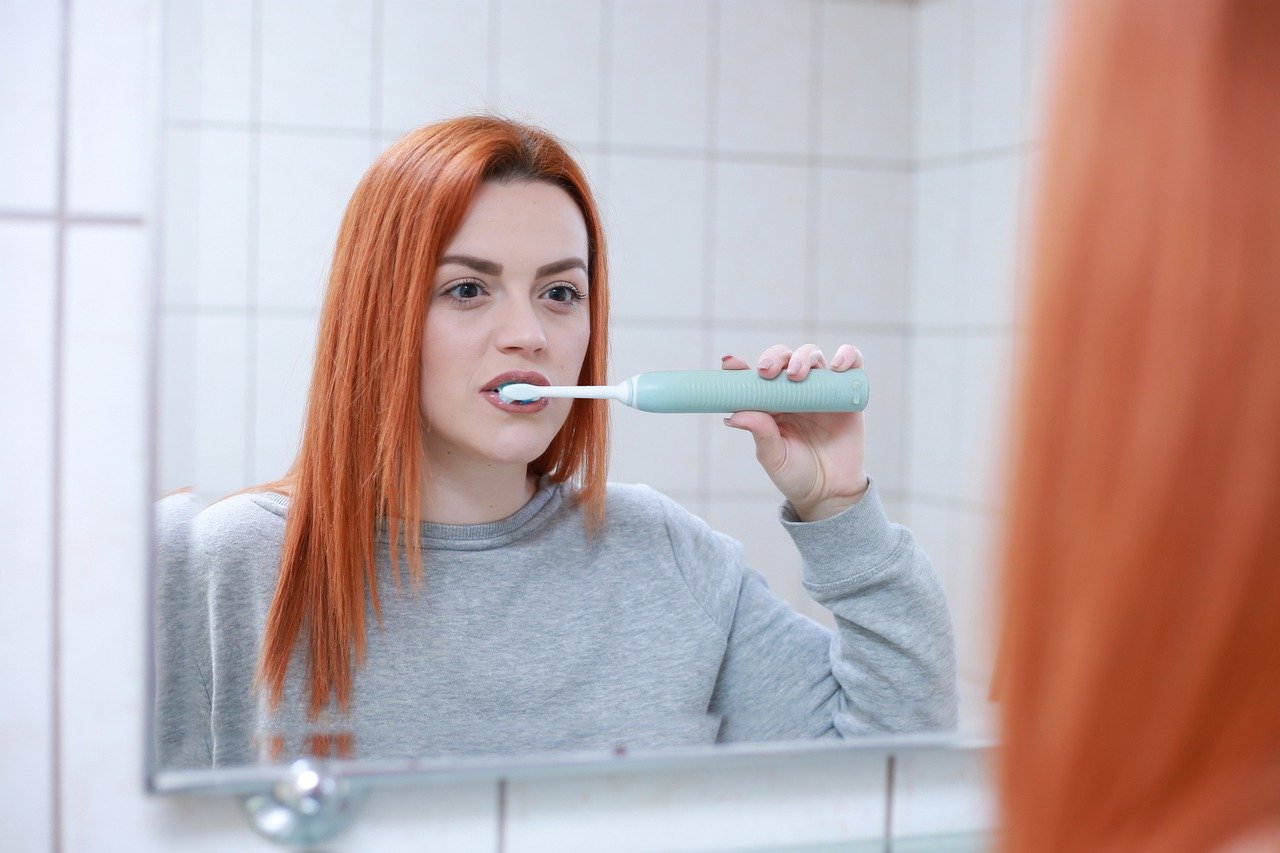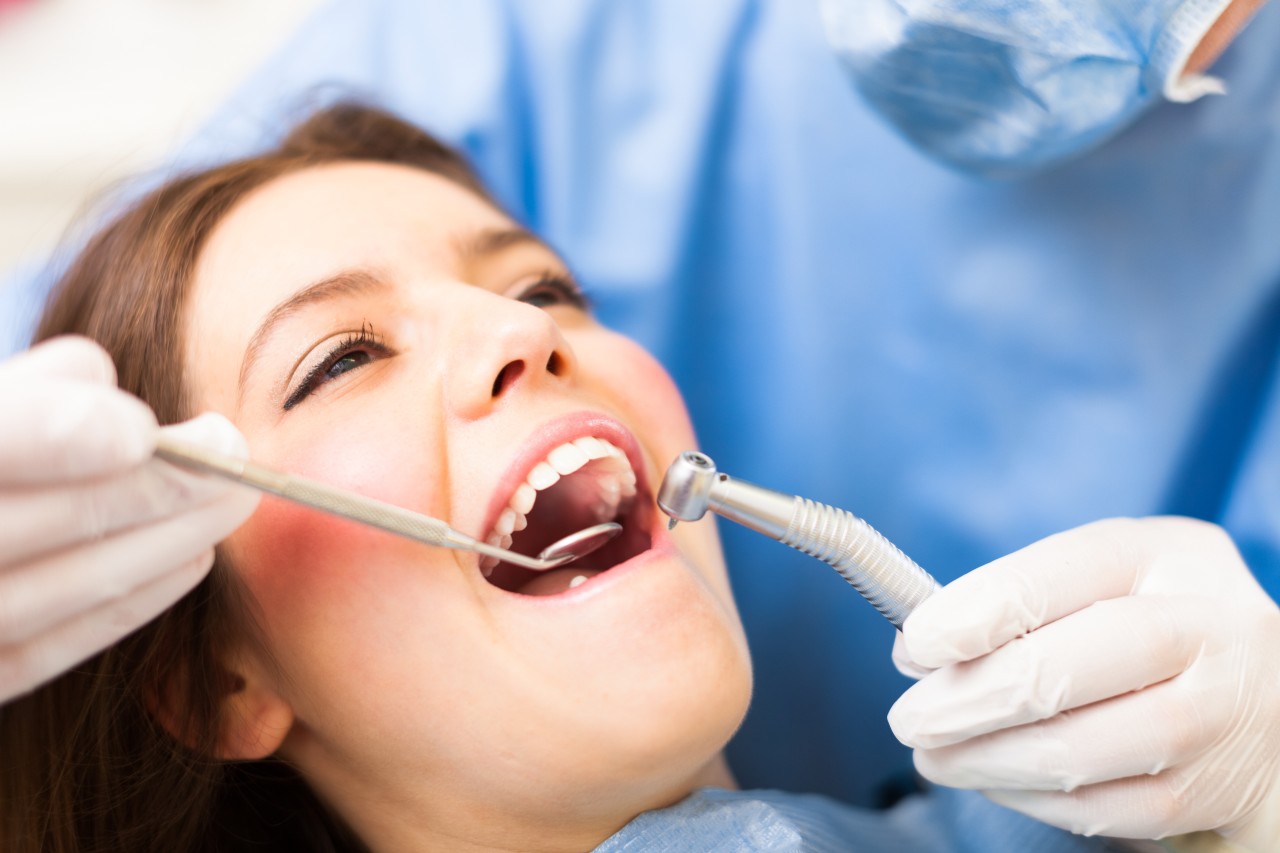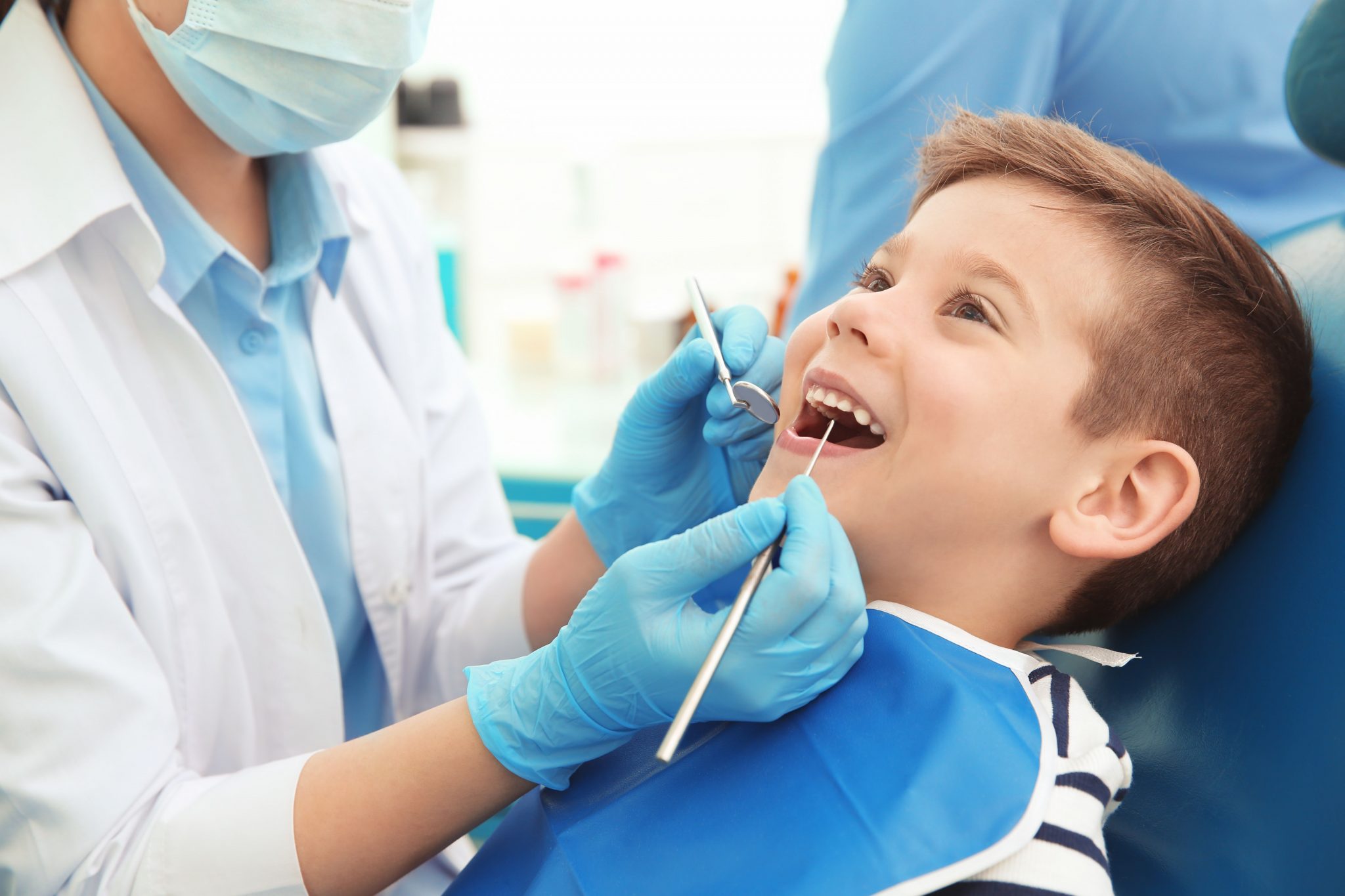At Upbeat Pediatric Dentistry, we understand the demands of modern family life. Between juggling work, school, and extracurricular activities, finding time for dental appointments can often feel like a daunting task.
That’s why we’re proud to offer comprehensive dental care for the entire family, all under one roof.
Convenience and Accessibility
We believe that dental care should be convenient and accessible for everyone. That’s why we make it easy for busy parents to prioritize their oral health by offering appointments for both parents and children on the same day.
Say goodbye to the hassle of scheduling multiple trips to the dentist – with Upbeat Pediatric Dentistry, you can streamline your family’s dental care and save time without compromising on quality.
Personalized Care for Every Patient
At Upbeat, we understand that each member of your family has unique dental needs. Whether you’re due for a routine check-up, interested in exploring cosmetic dentistry options, or seeking specialized care, our team is here to provide personalized treatment tailored to meet your individual needs.
From preventive care to restorative treatments and beyond, we offer a wide range of services to keep your family’s smiles healthy and vibrant.
A Diverse Range of Services
In addition to our pediatric dentistry services, we are pleased to offer a diverse range of treatments to cater to the needs of parents as well. Yes, you heard it right – we even offer Botox treatments for moms!
Our comprehensive services are designed to address all aspects of oral health and wellness, ensuring that every member of your family receives the care they deserve.
Experience the Upbeat Difference
At Upbeat Pediatric Dentistry, we are committed to providing exceptional care in a warm and welcoming environment. From the moment you step through our doors, you’ll be greeted with friendly smiles and personalized attention.
Our team of experienced professionals is dedicated to making your dental experience as comfortable and stress-free as possible, so you can feel confident in your family’s oral health.
Book Your Family’s Appointments Today!
Don’t let dental care take a backseat – prioritize your family’s oral health with Upbeat Pediatric Dentistry. Whether you’re a parent or a child, we invite you to experience the convenience of comprehensive dental care for the whole family.
Schedule your family’s appointments today and take the first step towards achieving healthy, beautiful smiles that last a lifetime. We can’t wait to welcome you to our clinic!
